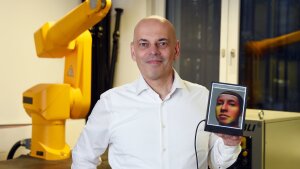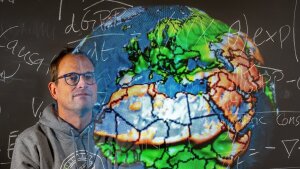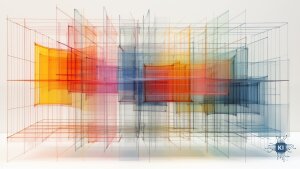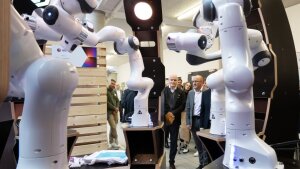
It began with a handful of people and their dream of developing machines that are our equals—that think like us, make decisions like us, and have the ability to learn from experience. Since the first basic learning computing machinery almost 100 years ago, enormous advances in artificial intelligence (AI) algorithms have seen this technology gain a foothold in almost every area of our lives.
This is particularly true in the world of science. Academics in almost every discipline now use AI applications in both teaching and research. In this feature, we present the work of research teams at the University of Jena that are training and applying AI tools—and tackling the questions raised by these technologies that have long gone unanswered. These include the availability of data and energy resources, legal and ethical aspects of their use and, of course, how much influence we should allow AI to exert on our lives.











